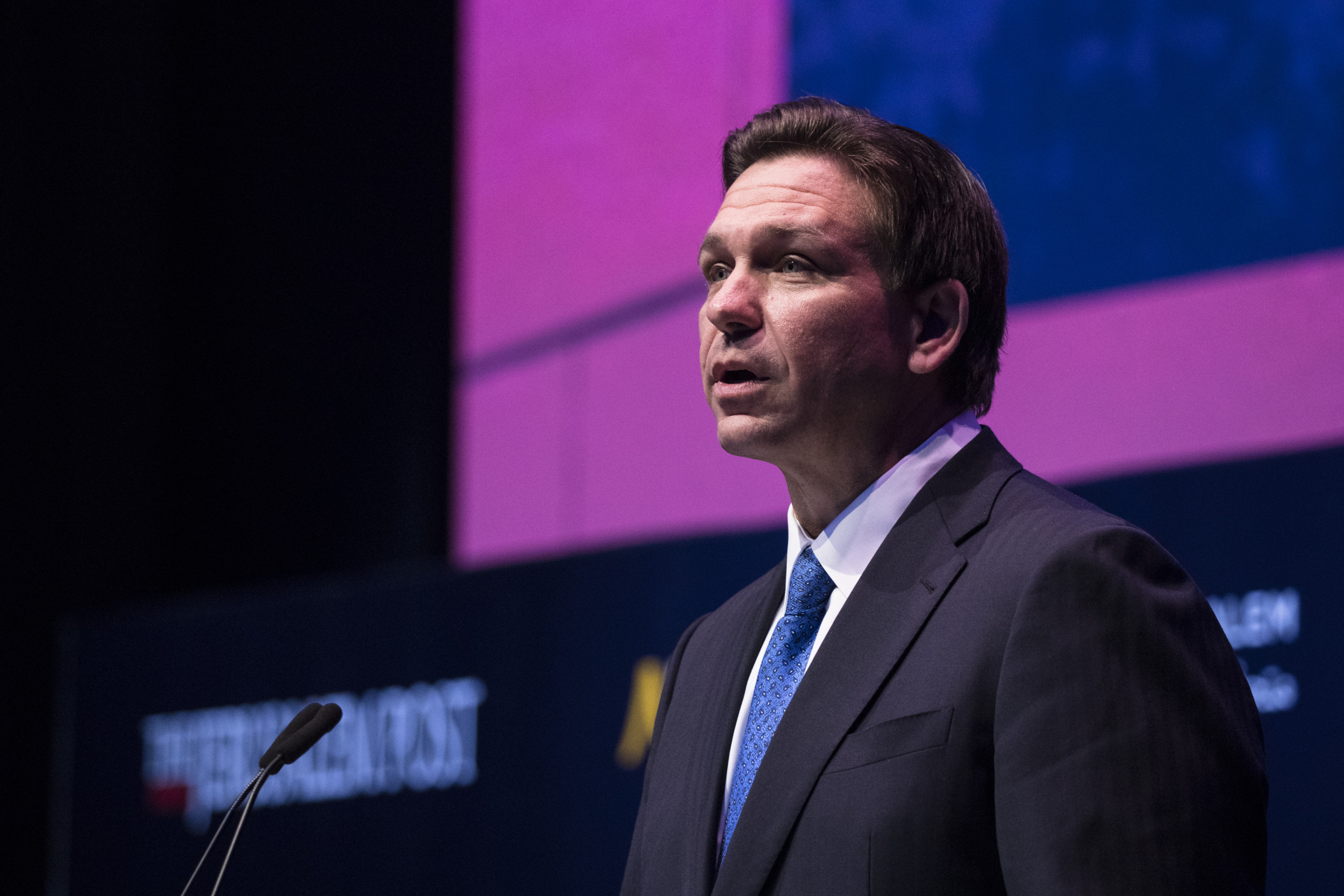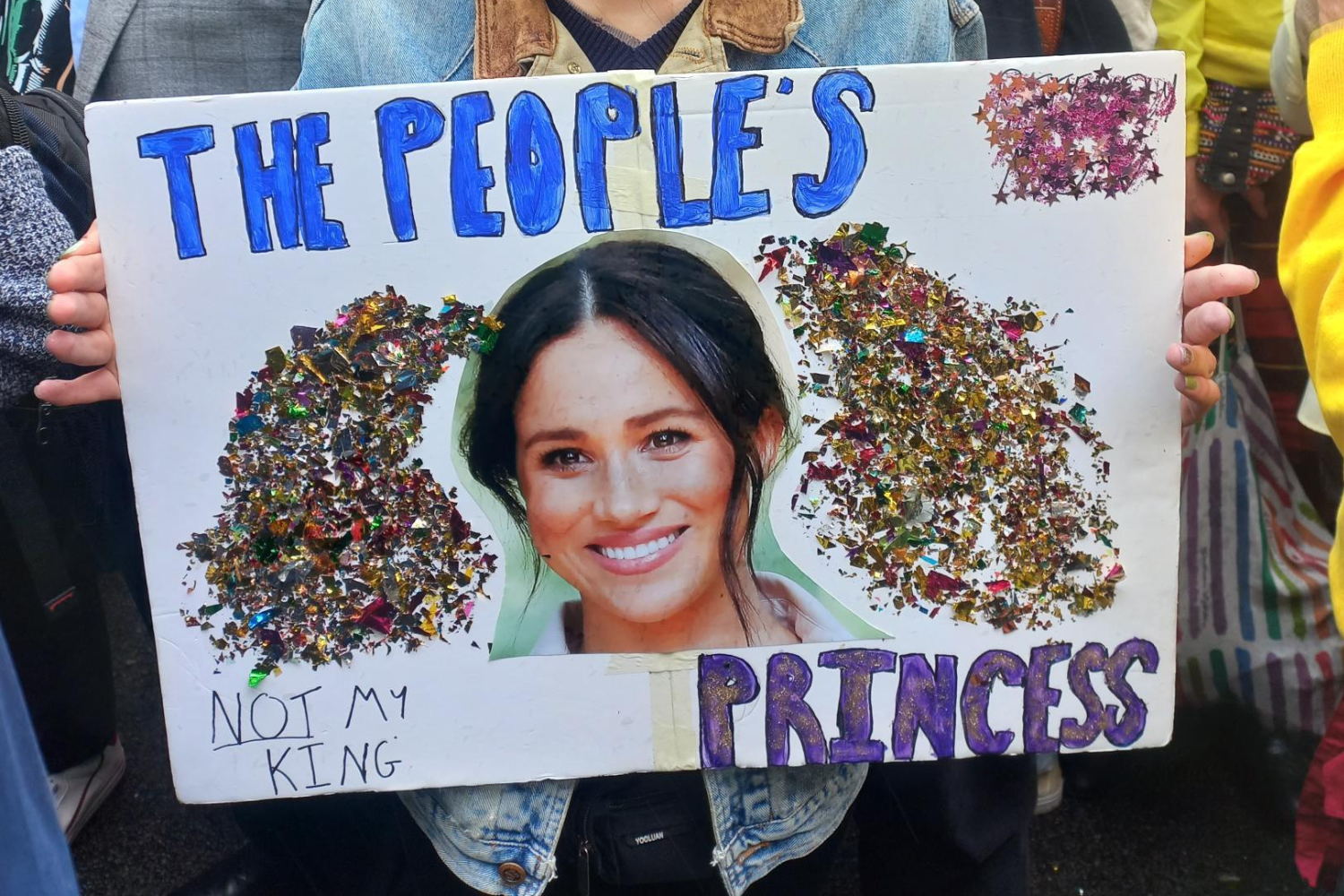Student Loan Cancellation Update: Biden Admin Forgives 600,000 Loans
The U.S. Department of Education (DOE) announced Monday that over 615,000 individuals have had their student loans forgiven through the Public Service Loan Forgiveness (PSLF) program since October 2021, totaling approximately $42 billion.
PSLF is one of numerous student loan forgiveness programs established by law. This specific program supports public service employees—such as teachers, firefighters, members of law enforcement, and nonprofit organization workers—who make the required 120 qualifying monthly payments.
President Joe Biden last summer fulfilled one of his campaign promises to reduce student loan debts for borrowers, who would be relieved of $10,000 worth of federal debt if they make less than $125,000, or their households make less than $250,000 in income per year. Pell Grant recipients would get an additional $10,000 in debt forgiven.
The Congressional Budget Office estimates that the plan would cost $430 billion over a 30-year period. The Supreme Court, as part of the Biden v. Nebraska case, is expected to make a decision this June on whether the plan will legally stand.

The DOE said the PSLF program, which it said helped relieve debt for about 7,000 borrowers during the Trump administration, is undergoing multiple changes aimed to better streamline the process, including:
- Allowing borrowers to complete the entire application online, with no need for mailed or faxed applications with wet signatures.
- Borrowers can submit e-signatures for themselves and request e-signatures from their employers, expected to diminish the processing time.
- Borrowers can now for the first time digitally submit and track the status of their PSLF form in the "My Activity" section of their StudentAid.gov account, including updates on whether their employers signed their PSLF form and when it was processed.
"Since day one, the Biden-Harris Administration has worked relentlessly to fix a broken student loan system, including by making sure we fulfill the promise of Public Service Loan Forgiveness for those who have spent a decade or more serving our communities and our country," said U.S. Secretary of Education Miguel Cardona in a statement.
"To date, the Biden-Harris team has kept that promise for more than 615,000 teachers, nurses, social workers, servicemembers, and other public servants by approving a combined $42 billion in student loan debt forgiveness.
"The difference that Public Service Loan Forgiveness is making in the lives of hundreds of thousands of Americans reminds us why we must continue doing everything we can to fight for borrowers and why families cannot afford to have progress derailed by partisan politicians."
Of the nearly 616,000 borrowers whose loans have been approved for forgiveness, the department such almost 610,000 of them have already had their loans discharged. The remaining borrowers are expected to receive relief "soon."
A DOE spokesperson told Newsweek that he had no comment on student loan-related lawsuits.
Data presented as part of a recent analysis conducted by the Roosevelt Institute, a left-leaning think tank, and The Debt Collective, a union of debtors, found that the Biden administration's student loan forgiveness plan would financially benefit the Missouri Higher Education Loan Authority (MOHELA)—one of several companies the federal government pays to handle billing and other services on federal student loans—if enacted.
A poll of approximately 1,500 eligible voters conducted by Redfield and Wilton Strategies on behalf of Newsweek on March 7 and 8 found 62 percent support for the wiping away or reduction of student loan debt—including 50 percent of survey respondents who said they voted for Trump in 2020.
The plan is most popular among younger individuals. About 71 percent of respondents aged 18 to 24 support the plan, while 82 percent of those aged 25 to 34 are in favor.
It's supported by 54 percent of respondents between 55 and 64 years while dropping to 45 percent among those aged 65 years and older.
House Republicans' successful bill raising the debt ceiling would, if approved by the U.S. Senate, eliminate one-time debt cancellations for more than the aforementioned 40 million Americans while getting rid of a new DOE income-driven plan.
That new plan, called Revised Pay As You Earn Payment (REPAYE Plan), would allow borrowers paying 10 percent of discretionary income per month to only be required to pay 5 percent to those loans, the Associated Press reported.








